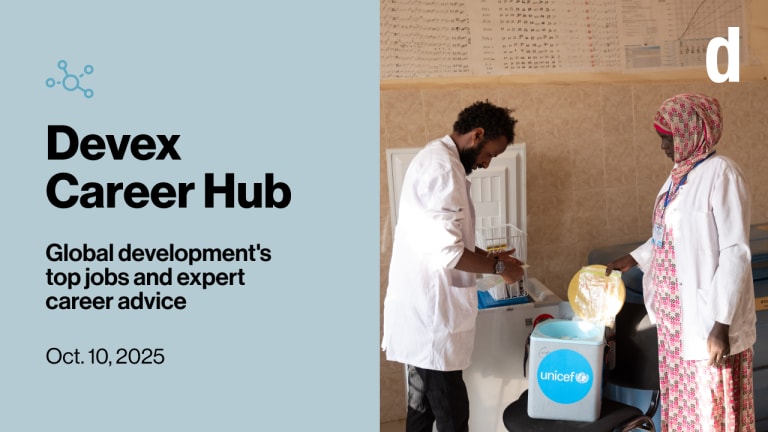An April Facebook post features Felipe Tavares kissing his infant daughter born with microcephaly. In the text, he explains how, ever since his daughter was born with the birth defect linked to Zika, he has worked to provide fathers across Brazil with the support they need to return to their families so mothers aren’t raising their babies alone.
Designed to engage men as allies in the fight against Zika, the ad from UNICEF was based on an insight from Facebook that 58 percent of posts about Zika in Brazil came from men.
“This outbreak has been one of the first public health emergencies where digital communication tools have the opportunity to fundamentally improve how populations become aware of and respond to the outbreak impacting their communities,” wrote Erica Kochi, head of UNICEF Futures, in a post providing further details on the partnership with Facebook. “Trends in online interactions and patterns can inform our interventions and make them more effective.








